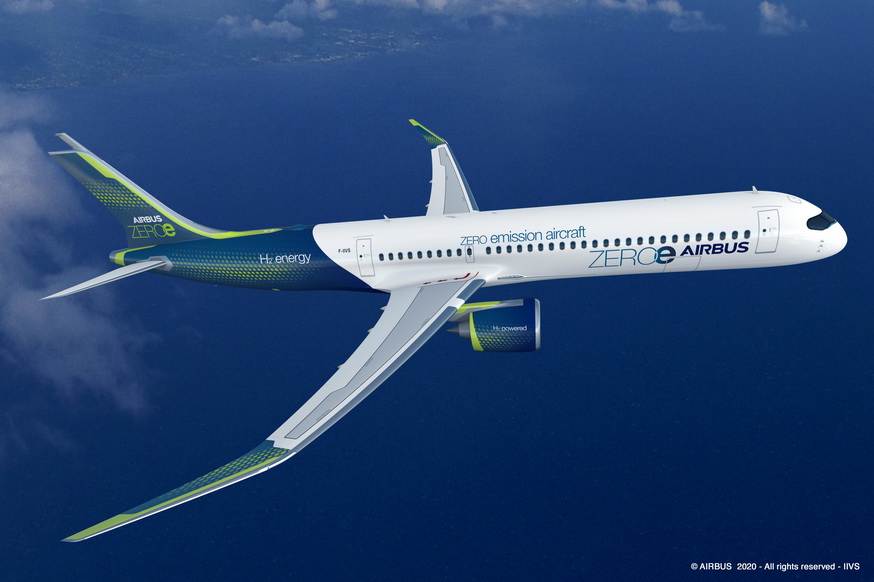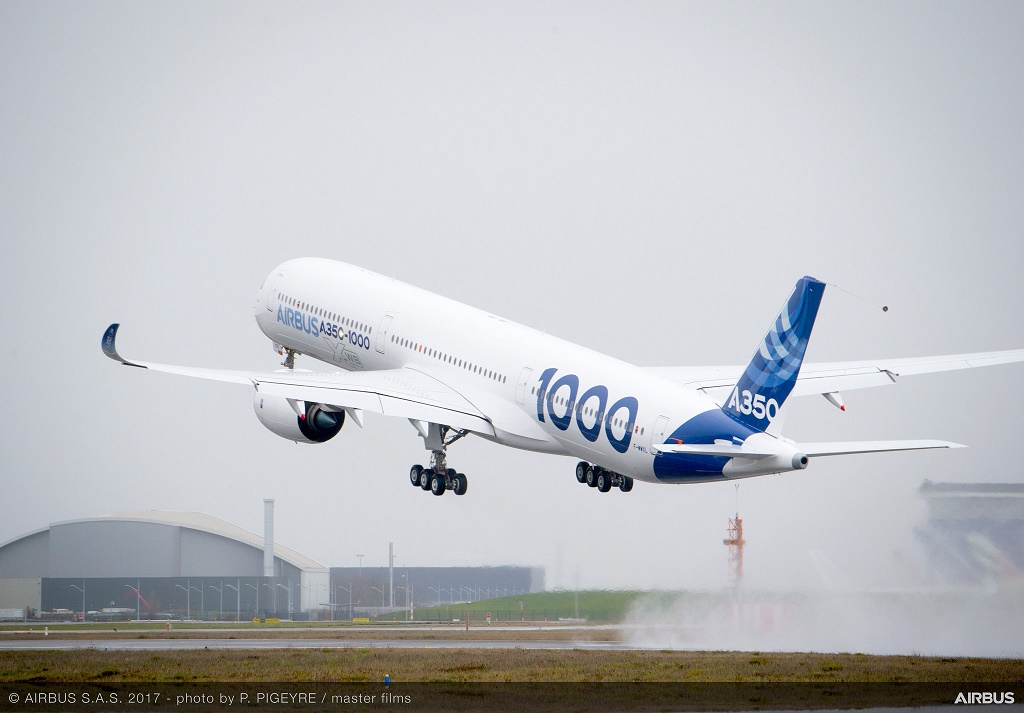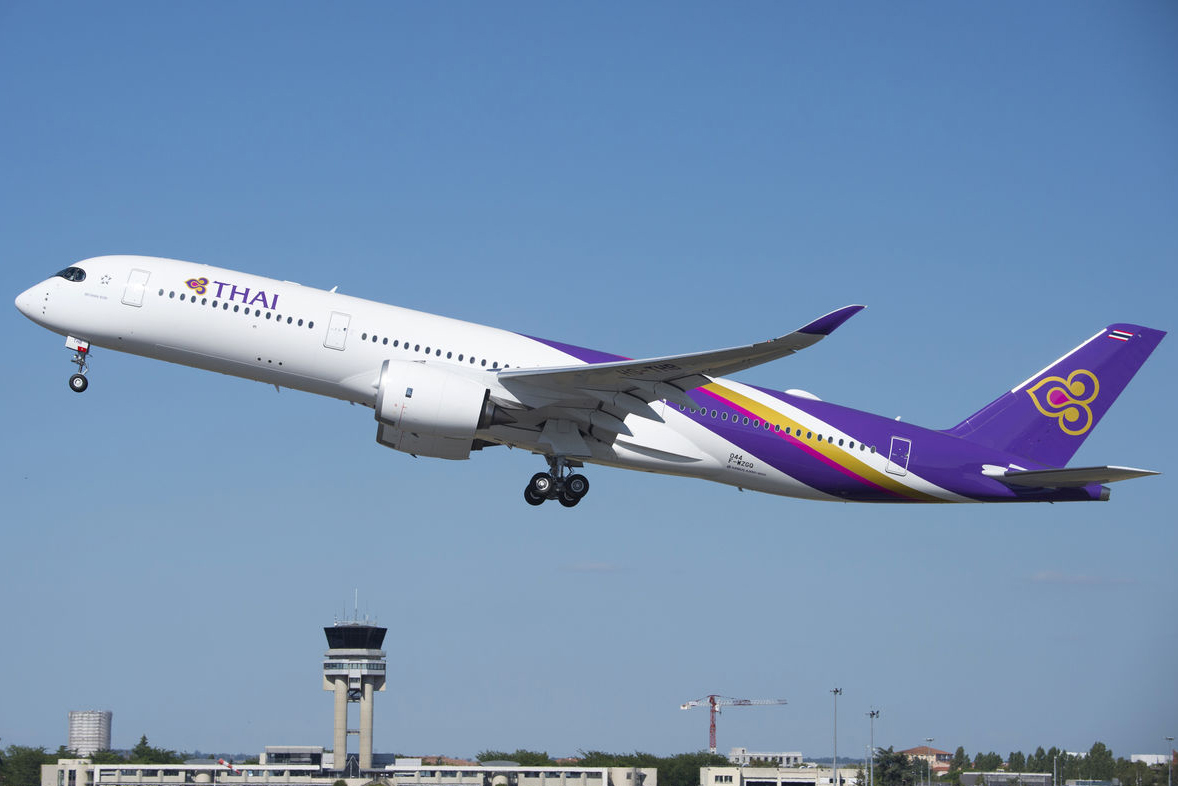
- The panel included high-level representatives from the European Parliament and the European aeronautics and aviation sector
- Debate part of the ongoing exchange between institutions, industry and other stakeholders on future challenges in the aeronautics and aviation sector, facilitated by the SSI
Today, the European Parliament’s Sky and Space Intergroup (SSI) hosted a multi-stakeholder discussion on the potential of hydrogen-powered aviation as part of the European aviation sector’s decarbonisation roadmap.
The panel included Guillaume Faury, Airbus CEO and Vice-Chairman of the Board of the AeroSpace and Defence Industries Association of Europe (ASD); Johan Lundgren, Easyjet CEO and Chairman of Airlines for Europe (A4E); Dick Benschop, CEO of Royal Schiphol Group; Bart Biebuyck, Executive Director of the Fuel Cells and Hydrogen Joint Undertaking; and Axel Krein, Executive Director of Clean Sky 2 Joint Undertaking.
After the event, MEP Marian-Jean Marinescu, Chair of the Sky and Space Intergroup and moderator of the panel, said: “During the panel, it became clear again which important role hydrogen-powered aviation can play in the decarbonisation of the European aviation sector, but also – in view of the magnitude of the challenge – that a concerted effort of several stakeholders is needed to make that vision a reality. Our aim was to bring key players together to generate a better understanding of that challenge.”
ASD Secretary-General, Jan Pie, added: “The European aviation industry is committed to sharing in its responsibility to reach net zero CO2 by 2050 for the sector. To unfold the potential of hydrogen-powered aviation as one cornerstone in that strategy, it is essential that EU and national authorities provide sufficient financing for R&D, and that decision-makers work together with industry on an enabling policy framework for hydrogen aircraft as well as on the deployment of an infrastructure to enable the entry into force of those novel aircraft.”
For ASD, the following additional points are paramount to ensure the successful deployment of hydrogen power in civil aviation:
- Future hydrogen-powered aircraft are an important element of the EU aviation sector’s technological pillar to reach the goal of net zero CO2 emissions by 2050 (as declared in the European aviation’s sector flagship sustainability initiative Destination 2050). Hydrogen-powered aircraft are complementary to other decarbonisation actions such as Sustainable Aviation Fuels (SAF) or smaller (hybrid) electric vehicles.
- The European aviation industry is confident that the first hydrogen-powered aircraft for short intra-European routes could become available around 2035.
- ASD welcomes the planned EU Alliance for Zero Emissions Aircraft. However, it should be complemented by a wider EU Pact for Sustainable Aviation through which the EU aviation sector and authorities could work in close partnership to make the Destination 2050 roadmap, including the hydrogen-powered aircraft, a reality. Industry cannot do it alone but needs more support from the EU Institutions and Member States.
- Finally, the EU should increase its engagement with bilateral partners as well as with the International Civil Aviation Organization (ICAO) to ensure that the necessary global standards and infrastructure are available to deploy hydrogen-powered aircraft worldwide.
Brussels, 27 September 2021
ASD is the voice of European Aeronautics, Space, Defence and Security Industries, actively promoting and supporting the competitive development of the sector by advocating common positions towards European Institutions and International Organisations.



